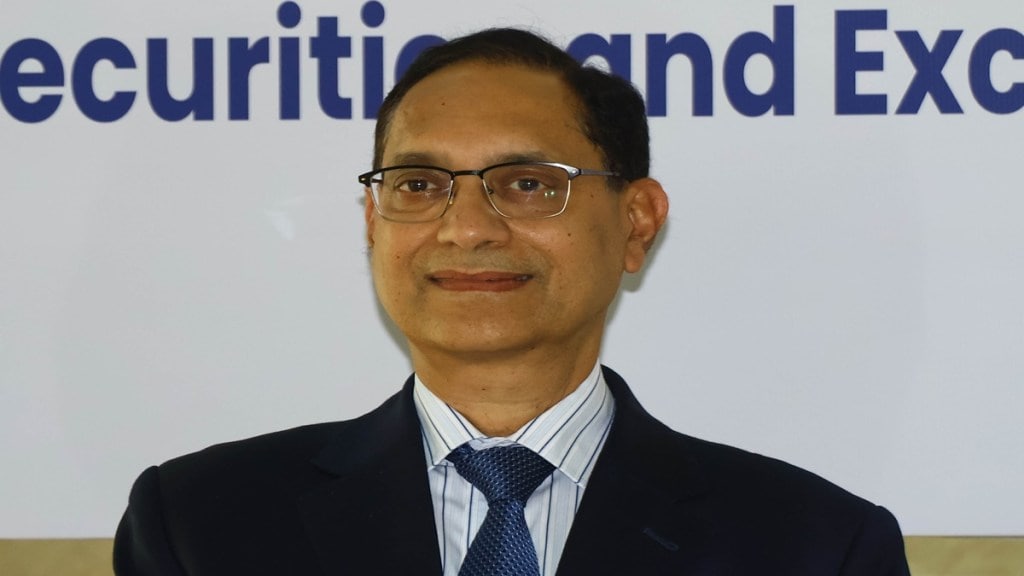Securities and Exchange Board of India (SEBI) chairman Tuhin Kanta Pandey on Friday emphasised the crucial role of forensic auditors in India’s growing capital markets.
Speaking at an event organised by the Institute of Chartered Accountants of India (ICAI) in Mumbai’s BKC, Pandey said auditors should have the courage to ask tough questions and refuse to ignore anomalies. “You are already aware of cases where SEBI used forensic audits to uncover financial frauds. The ingenious modus operandi used to perpetrate these frauds have ranged from simple diversion of shareholder funds to the use of complex structures and transactions to circumvent regulatory safeguards,” he said.
Forensic audits must be proactive, not reactive
Stressing the crucial role of auditors in maintaining market integrity, which helps build global trust in the markets, Pandey said forensic accounting should be proactive rather than just a post-fraud tool, and highlighted the negative impact of financial fraud on investor confidence.
He also emphasised the importance of increasing investor awareness about such frauds as India continues to lead primary market fundraising globally.
“An unprecedented growth in the securities markets has been witnessed over the last five years. We are looking good on several key parameters, number of unique investors, funds raised through equity primary markets, pipeline going ahead, and equity assets held by FPIs,” he said.
Fraud cases
Domestic and foreign investors continue to demonstrate strong appetite for our markets. “I firmly believe this is a reflection of the confidence investors place in the transparency, regulatory robustness and governance standards of our markets. As custodians of this trust, we must safeguard market integrity,” Pandey said.
SEBI has unearthed transactions where listed entity transferred assets to its subsidiary. The loan obtained by the subsidiary against these assets were then used to repay the outstanding loan of a promoter-linked entity, the SEBI chairman said. “In one instance, we observed funds were round-tripped to allottees itself via complex, multi-layered transactions. Forged bank statements were submitted to SEBI to show receipt of funds by the company. Misleading disclosures are made just before the expiry of the lock-in on shares issued under preferential allotment.”
The negative impact of such financial frauds on the securities markets is tremendous. Beyond loss to shareholder wealth, they erode investor confidence. “As professionals connected with the securities markets, think about future of our markets. What change in mindset is needed to address such egregious behaviour. The answers are extremely relevant as our markets grow in scale and size,” he said.

